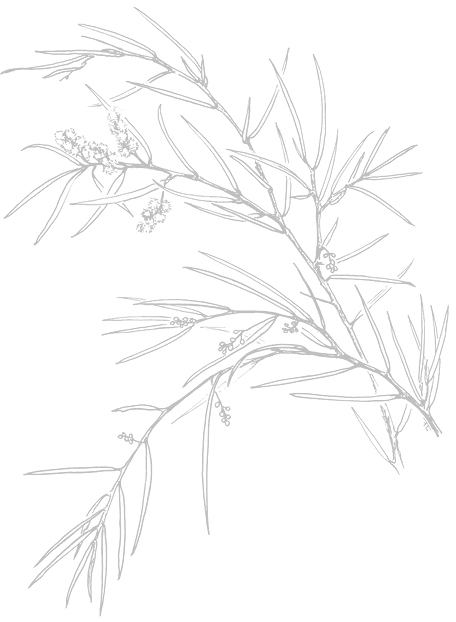
Scientific Name: Carex capillacea
Common Name: yellowleaf sedge
Family Classification (Clade): Monocots
Family: Cyperaceae
Threatened Species Status: Rare
Permit: It is an offence to collect, disturb, damage or destroy this species unless under permit.
Form Description: Slender sedge forming small, dense tufts.
Flowers: Solitary spikes at the end of the flowering stem.
Fruit: Nut – dark brown, oval, 2-3mm long.
Municipality
Plant Communities
Habitat Notes
Known from four marshy habitats in the Central Highlands, 600-1400m altitude, and at Arm River flats in the north-west.
Frost Tolerance
Hardy
Propagation Calendar
-
Flowering Month
Jan Feb Mar Apr May Jun Jul Aug Sep Oct Nov Dec -
Seed Collecting Month
Jan Feb Mar Apr May Jun Jul Aug Sep Oct Nov Dec -
Sowing Month
Jan Feb Mar Apr May Jun Jul Aug Sep Oct Nov Dec -
Cutting Month
Jan Feb Mar Apr May Jun Jul Aug Sep Oct Nov Dec
Propagation Method
Seed Information
Seed Collection
Propagates easily from seed. Seeds are released within 3-14 days of seed maturity. Cut stalks with secateurs to collect, place upside down in a bag to dry, rub between hands to extract all seed and sieve to clean.
Seed Treatment Method
Bog Method The seeds of many wetland species need to be kept wet to germinate. Punch a hole in the side of a recycled polyfoam box so that it holds water to the required depth. Sit the tubes in the box to germinate. Once germinated, punch holes in the bottom of the box to allow drainage.
Seed Storage Life
2-3 years
Seed Treatment Notes
Carex has been used successfully for direct seeding.
Cutting & Division Information
Propagates easily by division.